Who Do I Trust For Financial Advice?
When it comes to financial advice, there’s no shortage of opinions readily available at our fingertips. There are countless digital resources that offer insight on insurance, investing, and retirement. Unfortunately, many of the online resources are riddled with conflicts of interest, bias, or in some scenarios, flat incompetence. This is no different when searching for an advisor. As an investor and future retiree yourself, it’s important to arm yourself with the knowledge to determine who is best equipped to guide you in meeting your long-term goals. Here are some things to consider in helping you with your search.
Use a CERTIFIED FINANCIAL PLANNER™. A CFP® professional is a credentialed financial advisor who has met rigorous education and experience requirements. In addition to having a minimum amount of experience in the financial planning profession, CFP® professionals are required to demonstrate competence in all major areas of financial planning, such as investment, retirement, and estate planning. They are also required to meet ongoing educational and ethics requirements. What’s more is that they are sworn fiduciaries, required to act in your best interest at all times. You can find a CERTIFIED FINANCIAL PLANNER™ by searching CFP’s website, www.letsmakeaplan.org.
Ask family and friends. You can leverage the experience of those closest to you by asking who they trust for financial advice. Consider seeking recommendations from those that are in a financial position you admire. (This doesn’t mean the biggest house or the shiniest car, necessarily – people with lots of debt have those things too!) There are drawbacks to asking others for recommendations, so only seek them out from people you really trust.
Interview prospective advisors. It’s important to be able to communicate with your financial advisor. Interviewing advisors you’re considering will give you a feel of whether you’re a mutually a good fit. An advisor might decide he’s not the right person to help you out for a variety of reasons, so be prepared for this outcome. On the flipside, you may decide the advisor you’re considering isn’t a good fit for your needs personality-wise. This is perfectly okay.
Understand your unique needs. What are you looking for from an advisor? Ongoing advice? A one-time plan? Quarterly meetings? An annual review of your investment portfolio? If you can be aware of what your needs are, you will have an easier time finding an advisor who is the right fit for you.
Finding someone you can trust can be a challenge. By seeking out a CFP® professional, asking family and friends, interviewing advisors, and understanding your unique needs, you can find an advisor who will work in your best interest and provide services that meet your needs.



